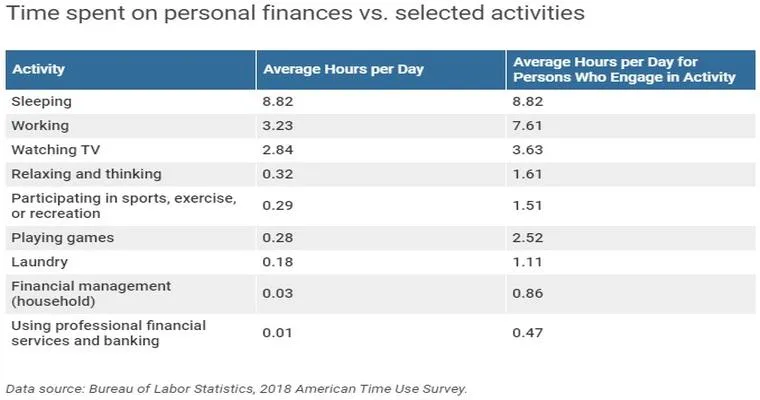Navigating the complexities of a "husband with mild cognitive issues" can be emotionally challenging, especially when he begins to confuse you with his "mother" or asks about the "children" who live in other states. These moments can be distressing for both partners, leading to feelings of confusion, sadness, and helplessness. Understanding the implications of cognitive decline is crucial for maintaining a supportive environment for your partner while caring for your own emotional well-being.
Mild cognitive impairment (MCI) is a stage between normal cognitive aging and more serious conditions like dementia. It is characterized by noticeable memory problems and cognitive difficulties that are not severe enough to interfere significantly with daily life. However, as your husband experiences these cognitive issues, you may find that he occasionally misidentifies you or expresses concern about family members who are not present.
When your husband asks if you are his mother, it may reflect his struggle to comprehend the passage of time or the changes in his life circumstances. This confusion can stem from anxiety about aging, memory loss, or a lack of understanding of his current environment. It is essential to approach these moments with patience and compassion. Rather than correcting him harshly, gently remind him of your identity and your life together. This can help reassure him and reduce his anxiety.
The question about the "children" can also be poignant. If your adult children live in other states, your husband may feel a sense of loss or worry about their well-being. This concern can manifest as a desire to know their whereabouts or to feel connected to them, even if they are physically distant. You can help bridge this gap by sharing stories about your children or arranging regular video calls to keep family ties strong. These interactions can provide comfort and a sense of normalcy for both you and your husband.
It is vital to maintain open lines of communication with your husband about his feelings and any changes you notice in his behavior. Encouraging conversations about his thoughts and fears can foster a sense of security and understanding. Additionally, seeking support from professionals who specialize in cognitive impairment can provide you with valuable strategies and resources to help manage these challenges.
As you navigate this journey, remember to prioritize your own well-being. Caring for a partner with cognitive issues can be demanding, so don’t hesitate to reach out to support groups or counseling services. Connecting with others who share similar experiences can provide a sense of community and understanding.
In conclusion, dealing with a "husband with mild cognitive issues" who confuses you with his mother or inquires about the children requires patience, empathy, and effective communication. By fostering a supportive environment and maintaining connections with family, you can help your partner feel secure while also addressing your own needs. Remember, you are not alone in this journey, and resources are available to support both you and your husband through these challenges.





